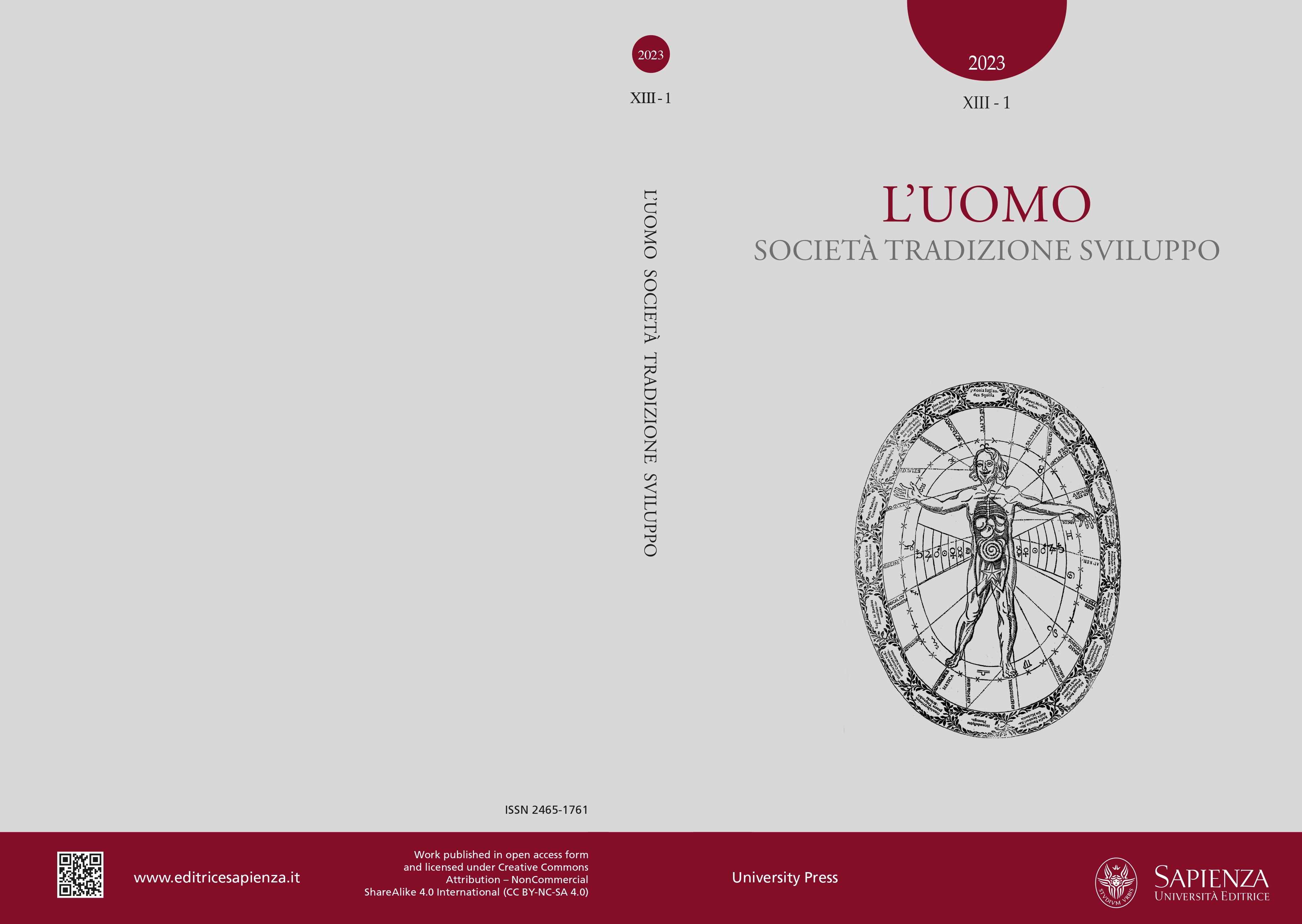The agroindustrial conversion as a cultural fracture
Reflections on the memory of nature in the Guaraní Community 16 de Marzo in Bolivia
Keywords:
Guarani, memory, agroindustry, cultural fracture, narrative, BoliviaAbstract
The transition from subsistence agriculture to mechanized farming has had a significant impact on the only Guarani community in the lowlands affected by the “Tierras Bajas del Este” project in Bolivia. This change has altered their economy and way of life, leading to a cultural fracture and triggering processes of redefining individual and collective roles and perspectives. Deforestation and conversion to export-oriented agribusiness have marked a turning point in the timeline of this community. Currently, farmers are entirely dependent on companies that market their products, facing challenges such as climate change and deforestation, resulting in cycles of debt and uncertainty. Through a four-month ethnographic research, it has been demonstrated that the limited power and agency of social actors idealize their past as more “natural”. The control they had back then, despite the difficulties, is nostalgically remembered and used as the foundation for community and personal identity. The inhabitants are often held responsible for the problematic transformation that has introduced new needs and difficulties. Thus, a dialectic arises between everyday experiences, past memories, and new ideas coming from the outside world to the community.


